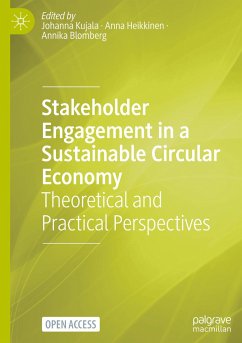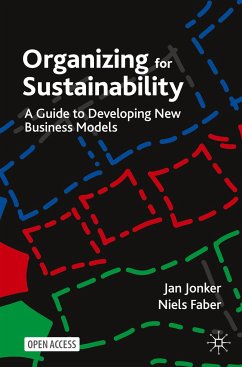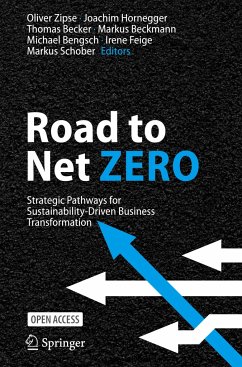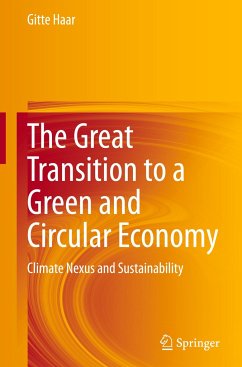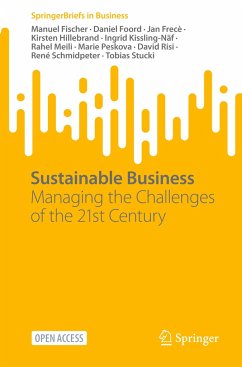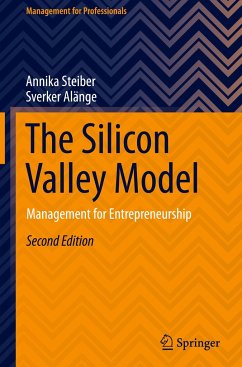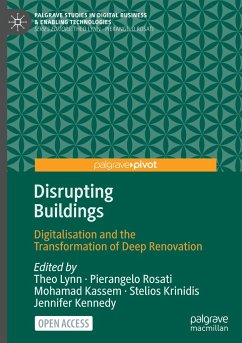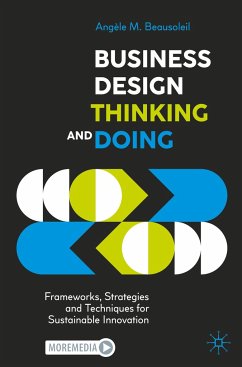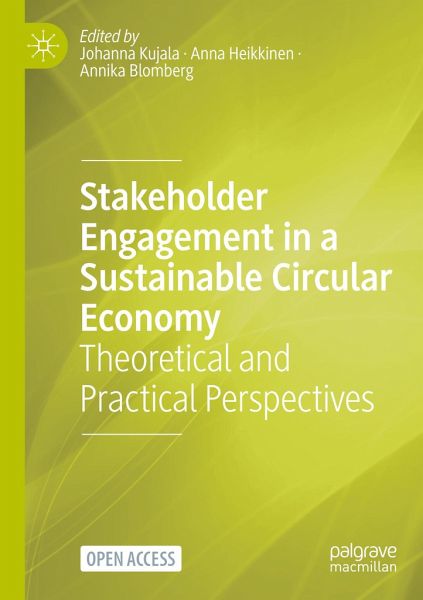
Stakeholder Engagement in a Sustainable Circular Economy
Theoretical and Practical Perspectives
Herausgegeben: Kujala, Johanna; Heikkinen, Anna; Blomberg, Annika
Versandkostenfrei!
Versandfertig in 6-10 Tagen
31,99 €
inkl. MwSt.

PAYBACK Punkte
16 °P sammeln!
The purpose of this open access edited collection is to discuss the role and importance of stakeholder engagement in a sustainable circular economy from multiple theoretical and practical perspectives. Developing and maintaining a circular economy is an essential step to a more environmentally friendly and socially inclusive society. In addition to redesigning products and business models to minimise waste and increase the reuse of materials, a transition towards a sustainable circular economy requires collaboration and co-operation between various stakeholders from all parts of society. An in...
The purpose of this open access edited collection is to discuss the role and importance of stakeholder engagement in a sustainable circular economy from multiple theoretical and practical perspectives. Developing and maintaining a circular economy is an essential step to a more environmentally friendly and socially inclusive society. In addition to redesigning products and business models to minimise waste and increase the reuse of materials, a transition towards a sustainable circular economy requires collaboration and co-operation between various stakeholders from all parts of society. An international team of contributors explore how stakeholder engagement can foster and support sustainable change, assessing current literature and laying out guidance for future study. The collection is of interest to academics and students of sustainability management and sustainable business models, stakeholder theory and practice, and the circular economy.





